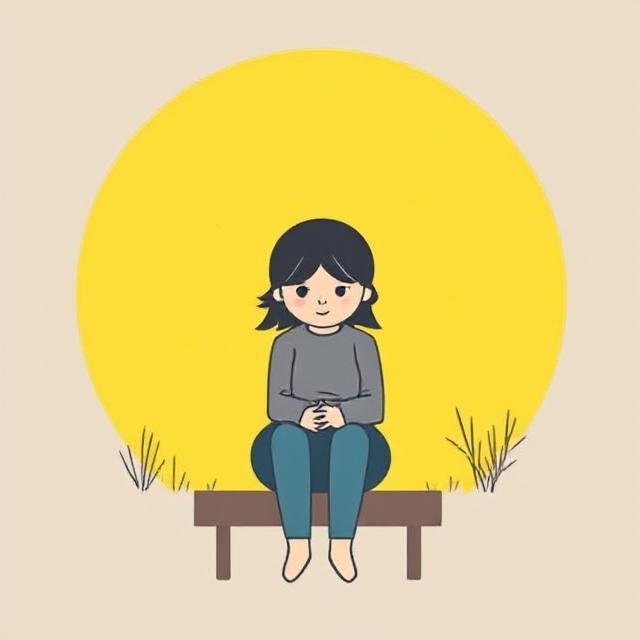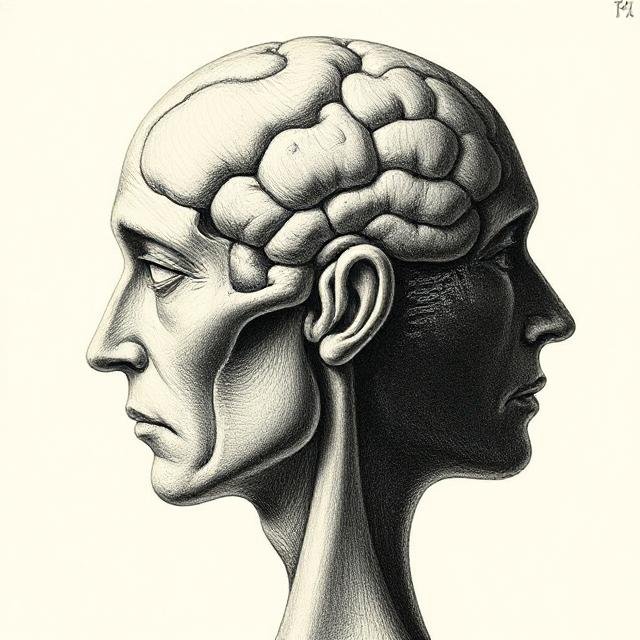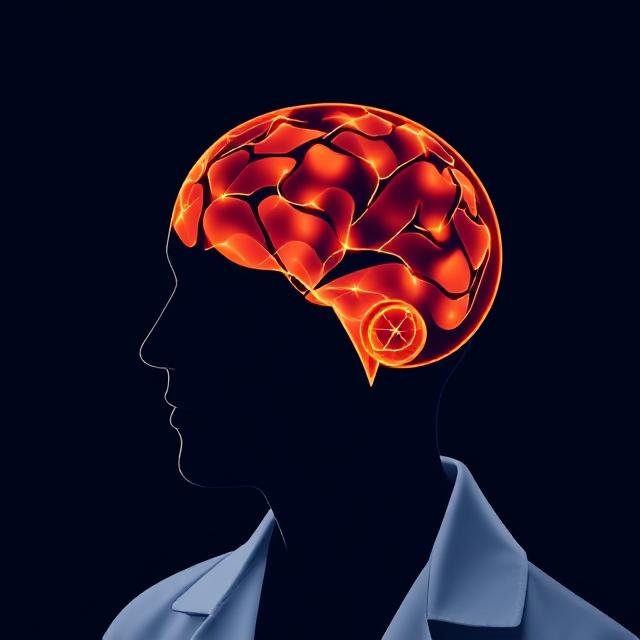Introduction
From managing anxiety and depression to overcoming insomnia or chronic pain, Cognitive Behavioral Therapy (CBT) has transformed mental health treatment over the past five decades. It’s not just therapy—it’s a structured, practical approach to change how you think and act, leading to lasting emotional well-being.
What Is Cognitive Behavioral Therapy (CBT)?
CBT is a form of psychotherapy focused on how thoughts, feelings, and behaviors are interconnected. Developed in the 1960s by psychiatrist Aaron T. Beck, CBT teaches individuals to identify distorted or unhelpful thinking patterns and replace them with healthier alternatives (Beck Institute, 2024).
Unlike traditional talk therapy that explores the past in depth, CBT emphasizes present-focused problem-solving. It’s generally time-limited, structured, and goal-oriented, making it highly effective and widely accessible (APA, 2023).
How Does CBT Work?
Core Principles of CBT
CBT operates on several fundamental ideas:
- Thoughts influence emotions and behaviors. How you interpret a situation impacts how you feel and act.
- Cognitive distortions fuel distress. Patterns like catastrophizing, black-and-white thinking, or overgeneralization contribute to mental health struggles.
- Behavioral change reinforces healthier thinking. Small actions can shift emotional states and beliefs over time.
- Skills-based learning is key. Clients actively practice new ways of thinking and behaving between sessions (Beck Institute, 2024).
CBT Techniques and Methods
CBT uses structured exercises tailored to specific conditions, including:
- Cognitive Restructuring: Identifying negative thoughts and reframing them into balanced alternatives.
- Behavioral Experiments: Testing beliefs through real-life experiments.
- Exposure Therapy: Gradually facing feared situations to reduce anxiety.
- Behavioral Activation: Scheduling enjoyable activities to improve mood, often used in depression.
- Mindfulness-Based CBT: Integrating mindfulness to reduce rumination and stress.
- Problem-Solving Skills Training: Teaching systematic approaches to everyday challenges.
Sessions often include homework assignments—such as thought records or activity tracking—to help clients practice new skills between appointments (Hofmann et al., 2012).
Conditions CBT Can Help Treat
Research shows CBT effectively treats numerous conditions, including:
- Anxiety Disorders (e.g., Generalized Anxiety Disorder, Panic Disorder, Social Anxiety)
- Major Depressive Disorder
- Post-Traumatic Stress Disorder (PTSD)
- Obsessive-Compulsive Disorder (OCD)
- Insomnia
- Chronic Pain
- Eating Disorders
- Substance Use Disorders
- Health Anxiety
CBT is increasingly applied for managing chronic medical conditions like diabetes or cancer-related distress (Hofmann et al., 2012).
Effectiveness and Research
CBT is one of the most extensively researched psychotherapies. Meta-analyses consistently confirm its efficacy, often matching or exceeding outcomes of medication for mild to moderate depression and anxiety (Cuijpers et al., 2016).
Key findings:
- CBT is as effective as antidepressants for many people with depression—and has lower relapse rates.
- CBT outperforms placebo treatments for anxiety and mood disorders.
- Digital and online CBT platforms deliver significant benefits, expanding access globally (Andersson et al., 2019).
Benefits and Limitations of CBT
Benefits
- Evidence-based and widely respected
- Structured and goal-focused
- Often shorter in duration than other therapies
- Teaches lifelong coping skills
- Effective both in-person and online
Limitations
- May feel overly structured for some clients
- Requires active participation and homework
- Not ideal for individuals seeking deep exploration of past trauma (though trauma-focused CBT exists)
How to Find a CBT Therapist
To find a qualified CBT practitioner:
- Look for licensed psychologists, social workers, or counselors with CBT training.
- Search directories like the Beck Institute Find a Therapist or the Association for Behavioral and Cognitive Therapies (ABCT) Directory
- Ask potential therapists about their CBT training and experience treating your specific issue.
- Check if they provide evidence-based treatments aligned with guidelines from the American Psychological Association (APA, 2023).













